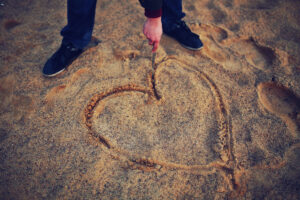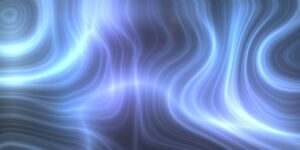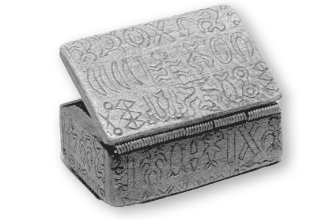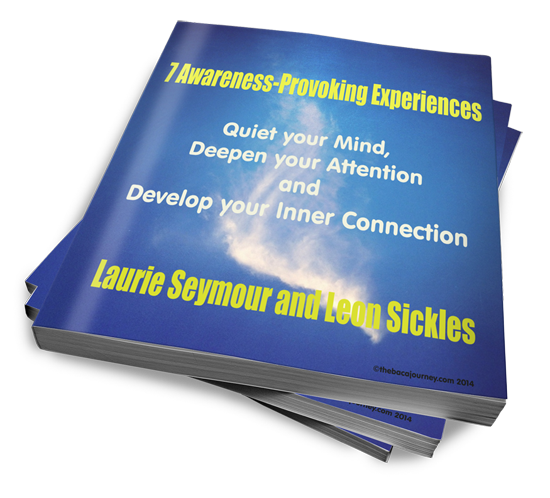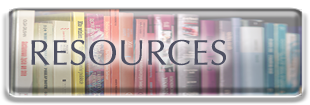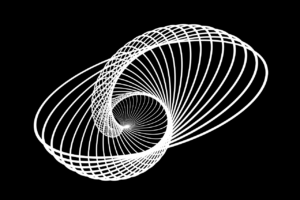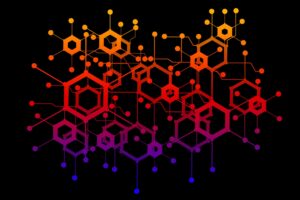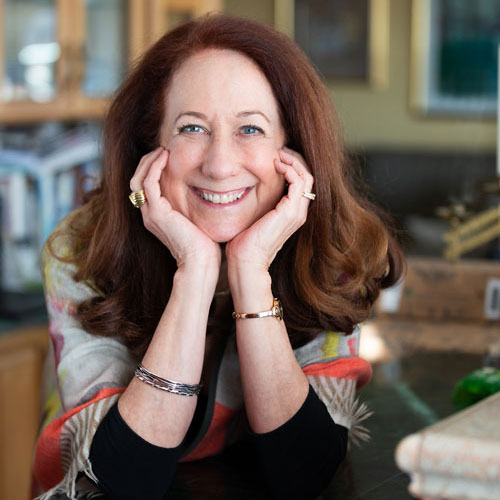Wikipedia defines discernment as “the activity of determining the value and quality of a certain subject or event, particularly the activity of going past the mere perception of something and making detailed judgments about that thing. As a virtue, a discerning individual is considered to possess wisdom, and be of good judgment; especially so with regard to subject matter often overlooked by others.”

This question addresses the world of the unknown. We are permitted to change our mind if we allow ourselves to delve deeper into our instincts and align this with our senses, impressions and feelings. After all, it is our feeling world in its purity that gives us insight and direction. There is an alignment available within us that sets the compass in the appropriate direction.
We draw on what we know and have experienced in the past. Current situations are often approached from the perspective of a comparison with the past, which may have yielded great results at that time. “Ah yes, I have seen this situation before with … Therefore, I can approach it from this direction and the result will be…” Yet there are always other variables, sometimes evident other times obscure. We do not always know the unseen influences, therefore, we must call on the deeper part of “Self” to guide us through the unseen world. Working with the “knowing” part of Self gives us comfort with our decisions, provided we are not in the place of “reaction”.
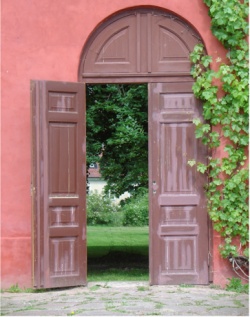 Reactions compromise objectivity, activate control patterns and rarely solve a problem. When I find myself reacting to a situation, I take time to reflect on my action and the result. This allows the opportunity to learn to surface. If I deny the opportunity to learn I am following one of the laws of physics: every action has an opposite action. Simply, it keeps the situation stuck! The interchange looks more like a ping pong match. The desire to win, control and be right becomes our only objective. We pay a high price for our actions.
Reactions compromise objectivity, activate control patterns and rarely solve a problem. When I find myself reacting to a situation, I take time to reflect on my action and the result. This allows the opportunity to learn to surface. If I deny the opportunity to learn I am following one of the laws of physics: every action has an opposite action. Simply, it keeps the situation stuck! The interchange looks more like a ping pong match. The desire to win, control and be right becomes our only objective. We pay a high price for our actions.
Choosing to open the door permits more information to be discovered. The key is taking a quiet moment to question the situation, taking responsibility for your behavior and allowing the unseen information into your awareness. The more often you question the authenticity of your situations and match them with your feeling world, the easier discerning the keys to your life becomes. Build a new behavior and a new space will form, allowing you to act with clarity and discernment. Take any situation or event and let yourself explore what is beyond the surface. Learn from your past to open the doors to the future…
